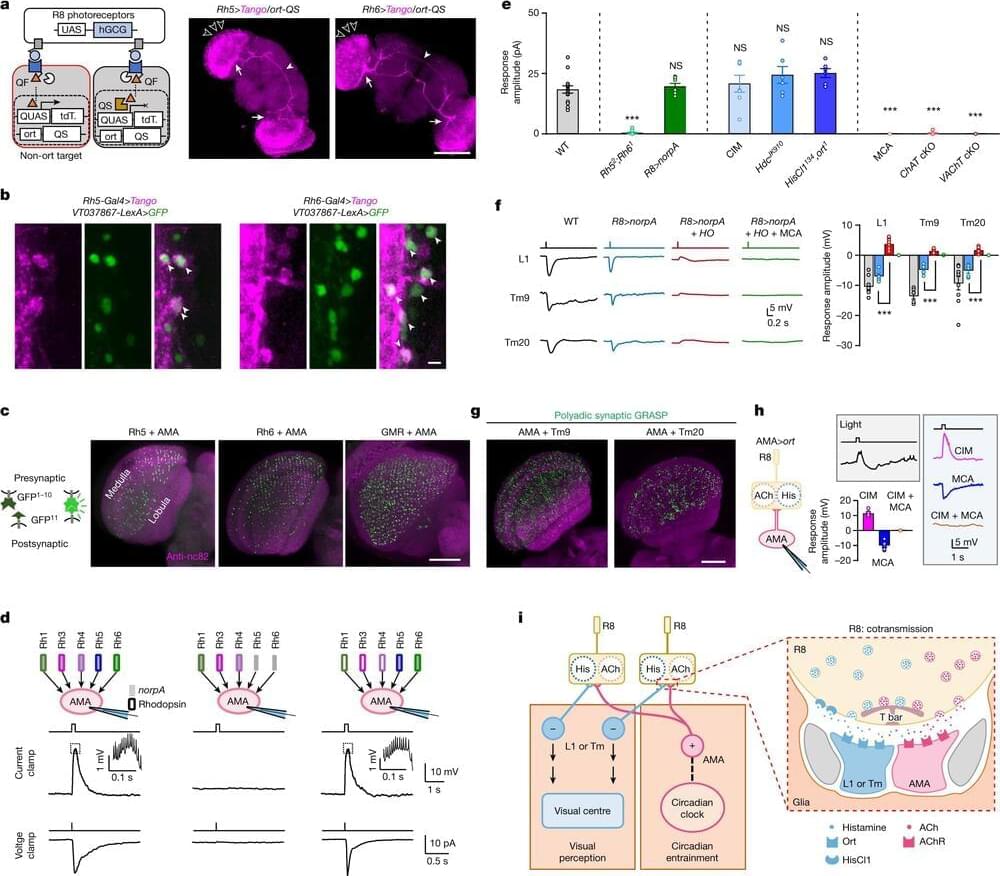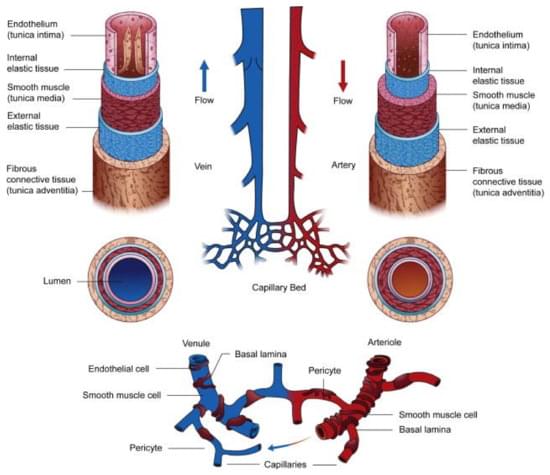A new study is finding that greener neighborhoods protect telomeres which prevent aging on a genetic level.
The role of telomeres in aging
Telomeres are repetitive sequences of DNA found at the ends of chromosomes that play a crucial role in preserving the integrity and stability of the genetic material within a cell.
As cells divide and their telomeres become progressively shorter, they eventually reach a critical point where they can no longer divide. This state is known as cellular senescence, and it is associated with aging and age-related diseases.







